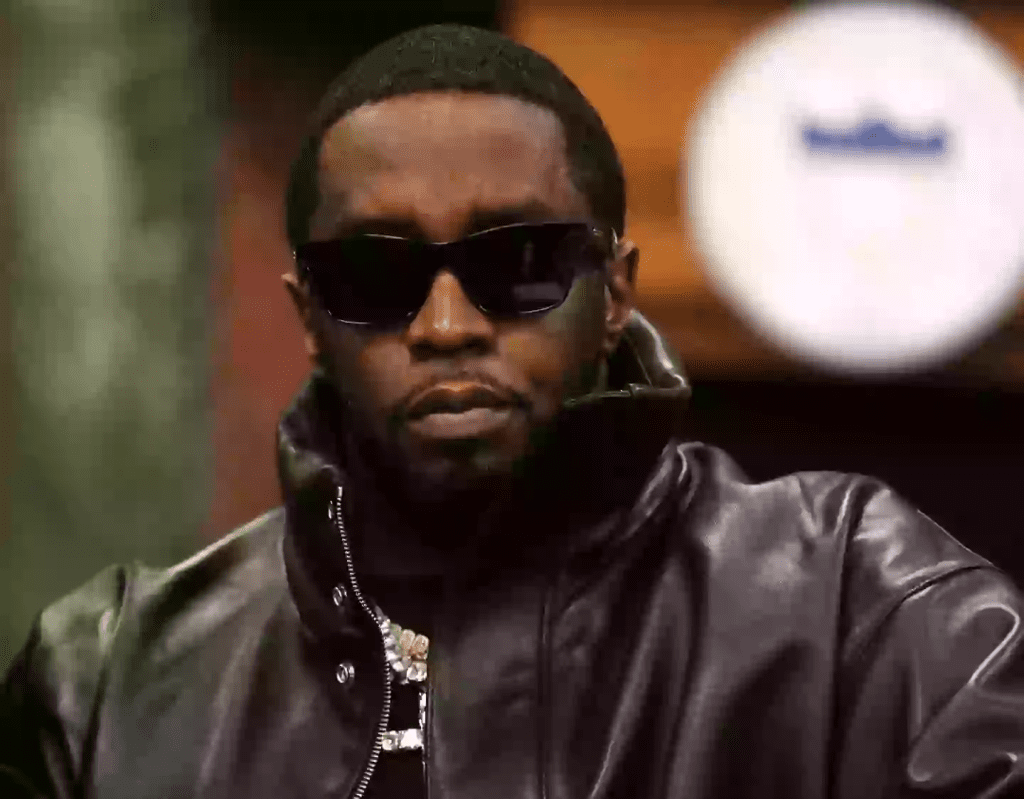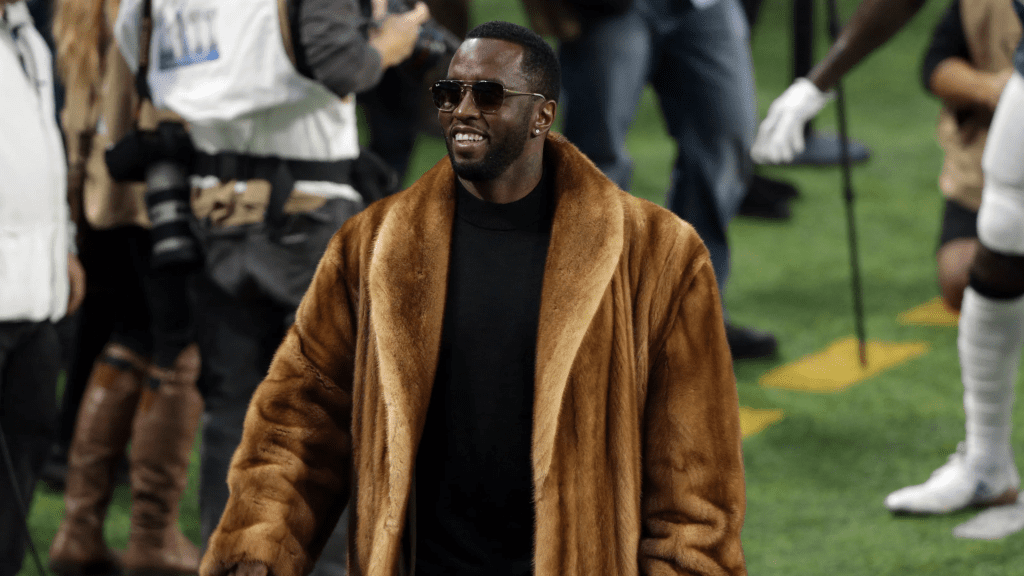Sean “Diddy” Combs has launched a legal battle against NBC, Peacock, and Ample Entertainment, seeking £80.5 million ($100 million) in damages. The lawsuit, filed in New York County’s Supreme Court, alleges that the recent documentary Diddy: The Making of a Bad Boy has caused “substantial reputational harm” through false and defamatory claims. As the hip-hop mogul faces federal charges, he now fights another battle—this time against what he calls “reckless journalism” and a deliberate attack on his character.
Diddy vs. NBC: A High-Stakes Legal Battle

At the heart of the lawsuit is Diddy’s claim that NBC and its affiliates prioritized sensationalism over truth. The documentary, which aired last month, explored his rise to fame but also delved into serious allegations against him, including claims of s*x trafficking and even m*rder. His legal team argues that the network produced the film with “reckless disregard for the truth,” leading viewers to believe that Diddy is guilty of heinous crimes—despite no trial verdict.
Diddy’s attorneys maintain that the documentary was created to “capitalize on the public’s appetite for scandal” rather than to present an objective portrayal of his life. They claim the film is filled with misleading statements, conspiracy theories, and outright fabrications.
Accusations of False Narratives and Malicious Intent
According to the lawsuit, Diddy: The Making of a Bad Boy paints a highly damaging and false picture of the rap icon. The documentary allegedly suggests that Diddy played a role in the d*aths of rapper Notorious B.I.G. and his former partner, Kim Porter—an accusation his legal team calls “reckless and malicious.”
The documentary also features interviews with former employees, childhood friends, and alleged victims, some of whom claim Diddy was involved in criminal activities. However, Diddy’s lawyers argue that the producers knowingly aired false allegations to boost viewership and profit from controversy.
The Financial and Personal Fallout
Diddy’s legal team states that the documentary has inflicted severe financial and reputational harm on the music mogul. With the public already scrutinizing his ongoing federal case, the lawsuit claims that the film further tarnishes his image, potentially impacting his business ventures and personal life.
His lawyer, Erica Wolff, stated that NBC, Peacock, and Ample made a “conscious decision to line their own pockets at the expense of truth, decency, and basic standards of professional journalism.” She accused the companies of “recklessly broadcasting outrageous lies” and damaging Diddy’s reputation beyond repair.
The lawsuit demands £80.5 million ($100 million) in damages, citing loss of income, emotional distress, and harm to his legacy. Diddy is also seeking a jury trial to ensure that those responsible for the documentary are held accountable.
The Documentary’s Impact on Public Perception
In the world of celebrity scandals, documentaries have become a powerful tool for shaping public opinion. In this case, Diddy: The Making of a Bad Boy reportedly challenges everything fans thought they knew about the Bad Boy Records founder. Its synopsis teases “never-before-seen footage” and insights from those close to him, but Diddy argues that it is nothing more than a smear campaign designed to destroy his legacy.

While some viewers see the film as an eye-opening exposé, others question the motivations behind its release—especially considering the timing. With Diddy already under legal scrutiny, his supporters believe the documentary was designed to further vilify him before he has had the chance to defend himself in court.
A Broader Debate on Media Responsibility
Diddy’s lawsuit raises critical questions about the role of media in shaping narratives. Should networks be allowed to produce content that assumes guilt before a court verdict? Are sensationalized documentaries crossing ethical boundaries for the sake of ratings?
This case could set a precedent for how media organizations handle high-profile legal battles. If Diddy wins, it might discourage networks from producing similar content without thorough fact-checking. On the other hand, if the lawsuit is dismissed, it could reinforce the idea that public figures are fair game for speculation, regardless of the legal consequences.

What Happens Next?
As Diddy fights his legal battles on multiple fronts, the world is watching closely. If his lawsuit moves forward, NBC and its partners could face major legal repercussions. However, if the court rules in favor of the documentary’s creators, it could further damage Diddy’s reputation and make it harder for him to recover from the controversy.
One thing is certain—this case is far from over. Whether Diddy succeeds in clearing his name or faces an uphill battle against media narratives, the outcome will have lasting implications for celebrity lawsuits, documentary ethics, and the power of media-driven scandals.
Conclusion
Sean “Diddy” Combs’ lawsuit against NBC, Peacock, and Ample is more than just a battle for money—it’s a fight to reclaim his reputation. The rapper and entrepreneur claims Diddy: The Making of a Bad Boy unfairly labels him as a criminal, causing severe harm to his legacy and future opportunities. With an £80.5 million lawsuit on the table, this legal war could redefine the responsibilities of media outlets when covering controversial figures. Whether the court sides with Diddy or the documentary’s creators, the case highlights the ongoing tension between investigative journalism and responsible storytelling in the age of sensationalized media.


